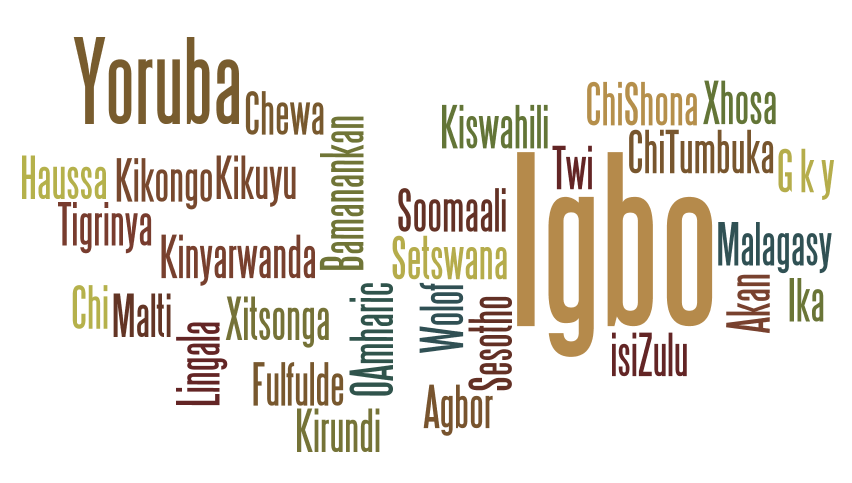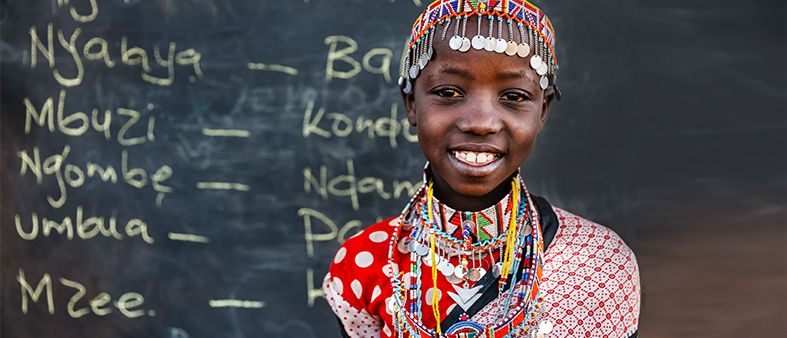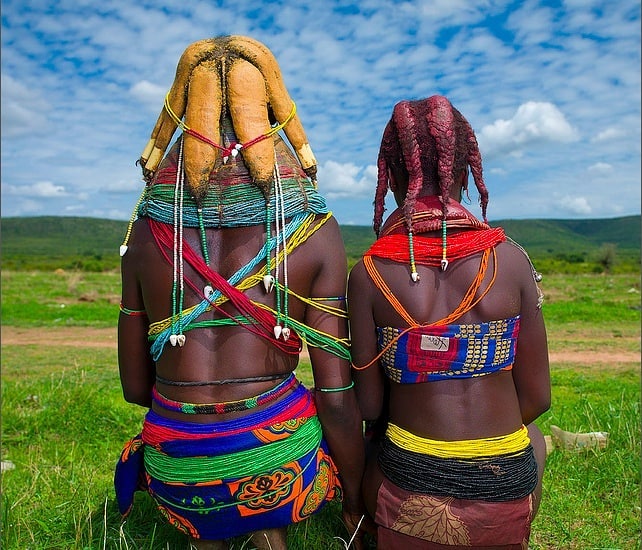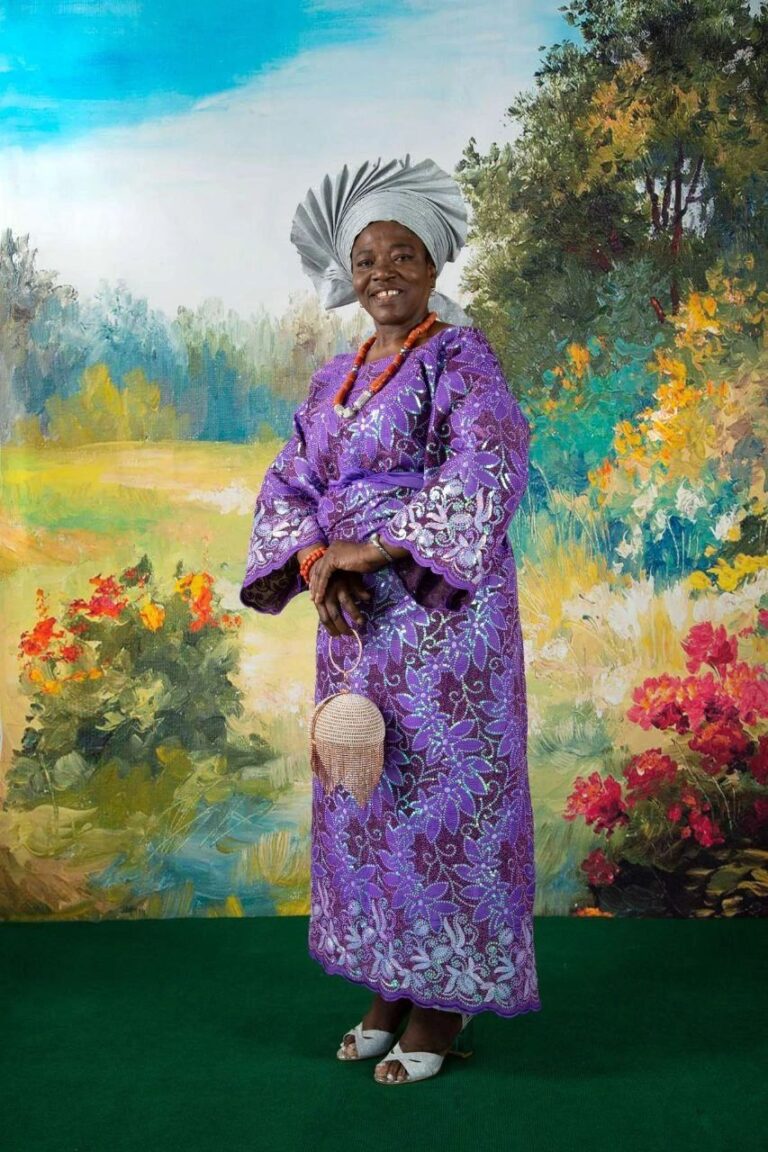Five African Languages that are no longer spoken
Africa has more than 2,000 languages spoken on its territory, making it a linguistically diverse continent. Unfortunately, many indigenous African languages are facing the risk of extinction, as this puts at stake a rich language heritage that has been passed down through generations.

The reasons for this threat are multifaceted and complex. One of the main reasons is the increasing globalization and urbanization, which has led to a shift towards dominant languages such as English, French, and Portuguese. Economic and political factors also play a role, as the promotion of a national language can be seen as a way to unify a country and foster a sense of national identity. Here are five African languages that no longer exist.

- Basa-Gumna language of Nigeria
Nigeria’s Kainji language Basa-Gumna is now extinct. The places where it was spoken were Chanchaga, in the state of Niger, and Nasarawa, which is close to the Basa homeland. The speakers are now speaking in Hausa. The small town of Gumna, located about ten kilometres west of the Tegina-Zungeru road, was once a hub of Basa-Gumna speakers. However, by 1963, when they moved to the road, the language had already started to decline. Today, the descendants of the Basa-Gumna speakers are mostly found in Yakila town, where they have integrated with the Hausa-speaking community.
- The Kwadi Language of Angola
The disappearance of the Kwadi language in Angola is a poignant example of the vulnerability of African languages. The Kwadi people once spoke Kwadi, but by the mid-20th century, the language had vanished due to the overwhelming influence of Portuguese and the gradual integration of the Kwadi people into neighbouring communities.
- The Nuu language of Southern Africa
The language used by the Khoisan people of Southern Africa, known as Nuu, is another illustration. There are now very few elderly speakers of Nuu, which was once a thriving community. Documentation and revitalization efforts are in progress, but there are substantial obstacles to overcome.
- The Ajawa language of Nigeria
The Ajawa language in Nigeria is also in danger of extinction. Once spoken by a small community in Bauchi State, Ajawa is now mainly spoken by the elderly. Ajawa’s future is in jeopardy because the younger generation is choosing more widely spoken languages like Hausa or English.
- The Meroitic language of Sudan
The ancient kingdom of Kush, which was situated in what is now Sudan, was home to speakers of the Meroitic language. Between 300 BCE and 400 CE, it was in use. The language was written in the Meroitic script, one of the few ancient African scripts that has not yet been completely translated. The language sheds light on the Kushite civilisation’s history and culture.
Different languages have their expressions, customs, and knowledge systems that contribute to the enrichment of the human experience as a whole. The fallout of cultural identities and the segregation of minority communities have been frequently linked to language loss. There are currently initiatives for community-based language revitalization as well as documentation projects aimed at preserving endangered African languages.






